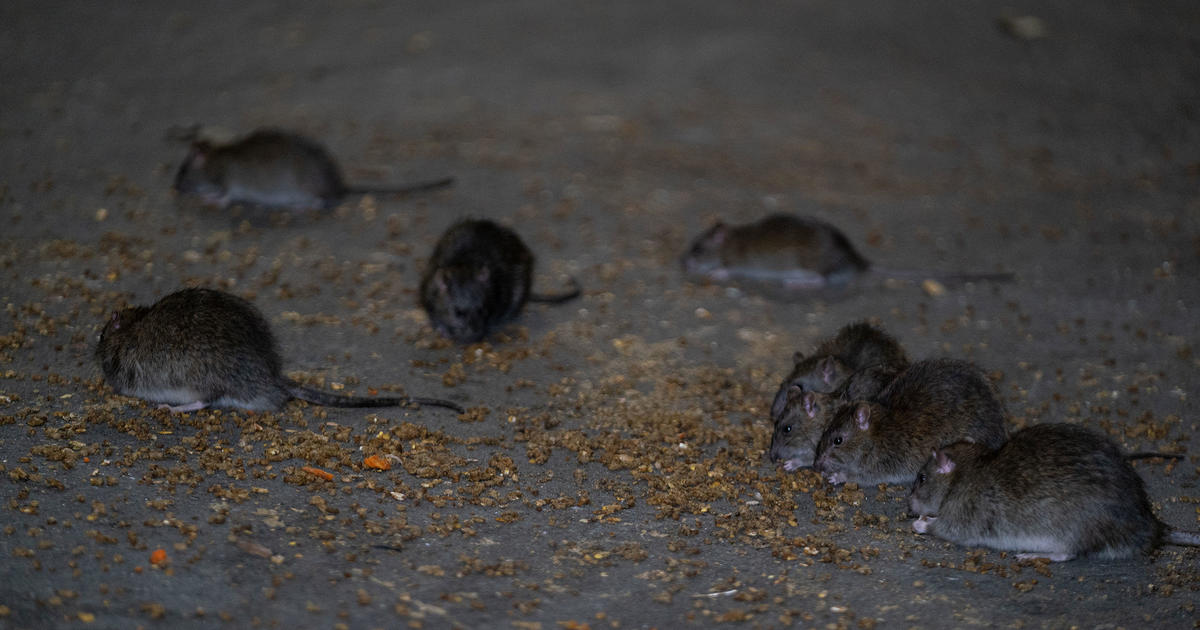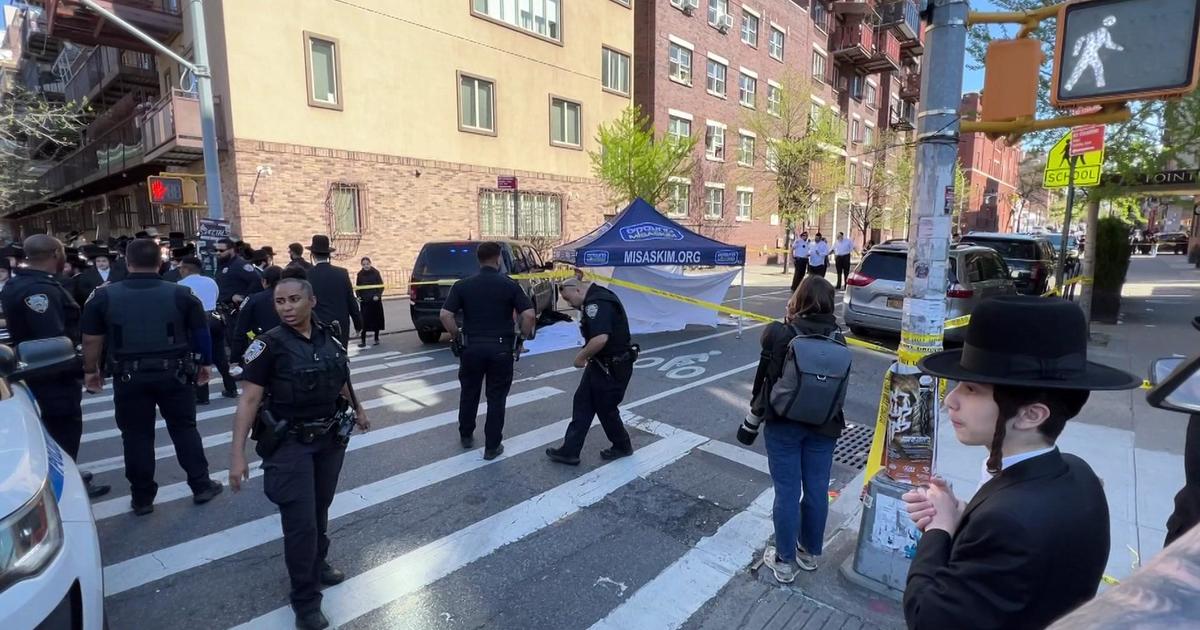Consumer Prices Expected To Remain High 'Well Into Next Year,' Experts Say
NEW YORK (CBSNewYork) -- Consumer prices were up in November almost 7% from a year ago.
The last time prices jumped by that much was 1982, and as of now, there's no sign things will get better any time soon.
At grocery stores across the country, the price of fruits, vegetables and dairy are all up, driven by supply chain issues and increased demand.
At Manhattan's only food co-op on Fourth Street, however, they haven't had that issue.
"Business here has never been better," volunteer Jason Trachtenburg said.
Trachtenburg has been a volunteer there for nearly two decades.
"We have more produce than we need because it's bought locally, it's grown locally, and it's not the thing where someone buys one item, it gets shipped into a truck in a box, and one person has to do it. It's the complete opposite of that," he said.
Watch Kevin Rincon's report --
The small store has been insulated from the harsh reality elsewhere. In November, the price of fruits and vegetables were up by more than 4% compared to last year. Beef is up 20%, but not at the co-op.
"We're not going to inflate our prices due to COVID because we can ... If it's $4.22, if it's $3.71, that's what we're gonna charge," Trachtenburg said.
At Amali, people are back. There's demand again, but unlike pre-pandemic days, the cost of doing business isn't the same.
"This year, we will spend $50,000 more on just butter and just oil," Amali owner James Mallios said. "That doesn't account for increases in beef pricing, doesn't account for increases in vegetables or trucks or deliveries, just butter and oil."
Mallios says it's been a real challenge trying to stay afloat.
"I feel like some sort of low-rent, Han Solo food smuggler," Mallios told CBS2's Kevin Rincon.
He says he's had to go markets on his own at 3 a.m. because distributors have run out of supplies.
That supply-and-demand imbalance is what's driven inflation. Consumer prices are up 6.8% compared to a year ago. The price of food away from home is up 5.8%.
So even though people are back, Mallios says he's got to find a way to dig out of the hole he got into just to stay in business.
"Don't get me wrong, I'm extremely grateful for being busy, but I'm still sitting on a million dollars of loans I guaranteed the government," Mallios said.
And for that reason, prices will stay high for awhile longer.
"If you think that this is going to be behind us in the next couple of months, it's not. We are going to see higher prices, probably well into next year," CBS News business analyst Jill Schlesinger said.
One of the reasons we've seen prices go up at the grocery store, restaurants and in other industries is because of the spike in gas prices compared to a year ago.
In November, energy costs spiked 33% over last year.
"I'm seeing it creeping up mostly in gas," one person said.
"Since corona started, you've been seeing it skyrocket since last year," another person said. "It's getting ridiculous, the prices."
The last time Americans saw inflation like this was in the 1970s, when oil supplies were disrupted by an embargo by Middle Eastern producers. It got so bad the feds raised interest rates to 20%.
CBS2's Kevin Rincon contributed to this report.



